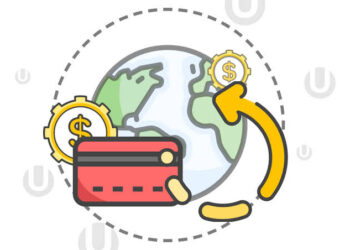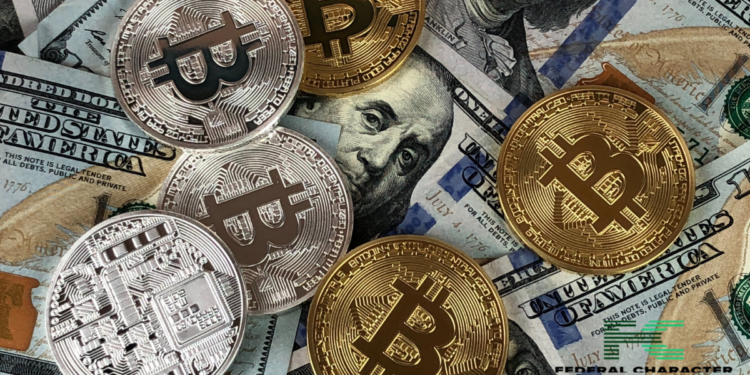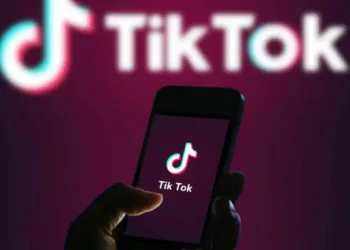Blockchain technology has been around for over a decade, but it is still often associated solely with cryptocurrencies like Bitcoin. However, the potential applications of blockchain technology extend far beyond digital currencies.
What is Blockchain?
Blockchain technology is essentially a decentralized, distributed ledger that records transactions in a secure and transparent manner. It is tamper-proof, meaning that once a transaction is recorded on the blockchain, it cannot be altered or deleted.

This makes it an ideal solution for industries that require secure and transparent record-keeping.
In this article, we will explore the real-world applications of blockchain technology and how it is transforming various industries.
Five Real-World Applications of Blockchain
Blockchain technology is being used in various industries beyond finance, including healthcare and supply chain management. Here are five other ways blockchain can be used in their sectors.
Cross-Border Payments

One of the most significant applications of blockchain technology is in the financial industry. Blockchain facilitates faster, more secure, and transparent financial transactions. It has given rise to cryptocurrencies and digital assets, but it is also being used to streamline traditional financial processes like cross-border payments and trade finance.
Traditional cross-border payment systems are often marred by inefficiencies, delays, and high transaction costs. Blockchain is disrupting this space by enabling faster, more cost-effective, and transparent cross-border transactions.
Ripple, for example, utilizes blockchain technology to facilitate real-time, cross-border payments for financial institutions, reducing the friction associated with traditional banking systems.
Supply Chain Management

Blockchain is revolutionizing supply chain management by providing an immutable and transparent record of every transaction and movement within the supply chain.
From manufacturing to distribution and retail, all stakeholders can access a single version of the truth. This transparency enhances traceability, reduces fraud, and ensures the authenticity of products.
Companies like IBM and Walmart have already embraced blockchain for their supply chain processes, leading to increased efficiency and trust throughout the chain.
Healthcare Data Management

In the healthcare sector, maintaining the integrity and security of patient data is of paramount importance. Blockchain offers a solution by providing a decentralized and secure system for managing electronic health records (EHRs).
Patients, healthcare providers, and insurers can access a patient’s history securely and efficiently, ensuring data accuracy and privacy. This not only streamlines healthcare processes but also enhances patient trust in the system.
Blockchain technology is being used to securely store and share patient data, ensuring that sensitive information is protected while still being accessible to authorized parties.
Voting Systems

The application of blockchain in voting systems has the potential to address longstanding concerns related to transparency and security in elections. Blockchain can be used in voting systems to enhance transparency, security, and accessibility.
It eliminates the need for physical polling stations, allowing voters to cast their votes from anywhere with an internet connection, potentially increasing voter turnout.
The technology’s decentralized nature and immutability can help combat voter fraud and ensure the integrity of the electoral process.
However, some experts have raised concerns about the security of blockchain-based voting systems, highlighting potential vulnerabilities and the risk of undetectable, nation-scale election failures.
Intellectual Property Protection

Blockchain can be used to protect intellectual property (IP) in a tamper-proof and transparent manner.
This can be particularly useful for creators and innovators looking to protect their work, as it allows for automatic creation of copyrights upon the original work’s creation and makes it easier for third parties to identify and contact the original owner for licensing.
Additionally, blockchain technology can transform the registration of IP rights and strengthen the protection of unregistered IP rights by creating a transparent and arguably immutable chain of information, providing IP offices with an opportunity for faster, more accurate, and secure registration of IP rights
Platforms like Verisart are leveraging blockchain to certify and protect digital art and collectibles.

In conclusion, blockchain technology has the potential to transform various industries by providing secure, transparent, and tamper-proof record-keeping. While it is often associated with cryptocurrencies, its applications extend far beyond digital currencies. From finance to healthcare to real estate, blockchain technology is being used to streamline processes, increase transparency, and improve security.

















